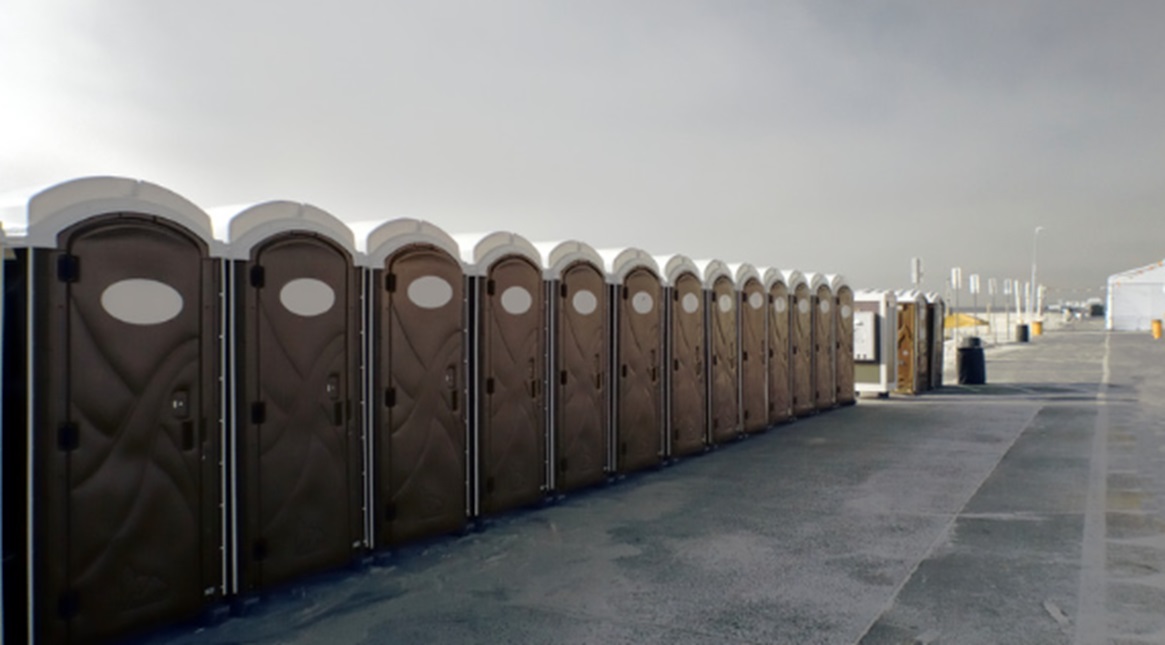An Overview on the Significance of Dust Extractors
If your business operation revolves around cutting or grinding concrete, then you will need a suitable dust extractor. While lots of kinds of equipment can operate well without a dust extractor, getting one will ensure a safe and more efficient working environment for staff.
Indeed dust extractors and vacuum systems are thought-about vital tools in a professional concrete grinding and polishing business. They are typically found along with concrete grinders for sale and a great reason.
Do you genuinely need a dust extractor for your home or business?
No matter how small the job is, if it involves kicking up a fair amount of dust which would surely be the case for power tools such as a Storm battery powered floor scraper, you will need a suitable dust extractor. After all, these tools help in establishing a tidy, safe, and productive work environment in the long term.
Clean-up time is substantially decreased with durable dust extractors straight connected to the concrete mill or planer. A devoted vacuum cleaner or a dust extractor similarly guarantee that dust extractors run efficiently for a more extended period.
The absence of a Dust vacuum extractor can likewise affect the longevity of power tools such as diamond grinders. Dust can get into the motor and ruin internal components.
Of course, the most significant factor that highlights the need for a vacuum dust extractor are concerns surrounding health. The absence of one in the work environment can jeopardise the health of employees as micro dust particles can get carried by the surrounding air. Such a condition can cause a wide range of health problems for which a company may be held liable for
Available options for dust extractors
A dust extractor system is comprised of various parts and is directly linked to a machinery or power tool. Its primary purpose is to cleanse the air of dust particles and prevent related health problems. With an adequate dust extractor or collector in your fleet, your work performance increases, so you finish your task much faster, and the scenario is completed in a neat environment.
The different types of vacuum dust extractors available on the market are as follows:
- Single Phase portable dust extractors are generally one, 2 or 3 motor vacuums. These usually have a reverse pulse to backflush the filter or have other techniques to shake the screen.
- HEPA (High-efficiency particulate air) dust extractors can filter out fine dust particles as small as 0.3 microns
- Power tool extractors are excellent for little to medium-sized workshops as they gather dust from power tools.
- Three-stage dust extractors and vacuums, These types are a lot more resistant and can run for numerous hours without cleaning
- Low-pressure, high volume chip dust extractors connected to high-powered machinery
- Low-volume, high-pressure vacuum dust extractors capable of filtering out concrete and wooden debris.
As you might imagine, your typical household vacuum lacks the power or capacity to collect and filter out dust continuously. This is because such systems use a lower volume of air at high speeds while the majority of dust extractors work the opposite way. This makes vacuum dust extractors more effective and efficient to operate.




